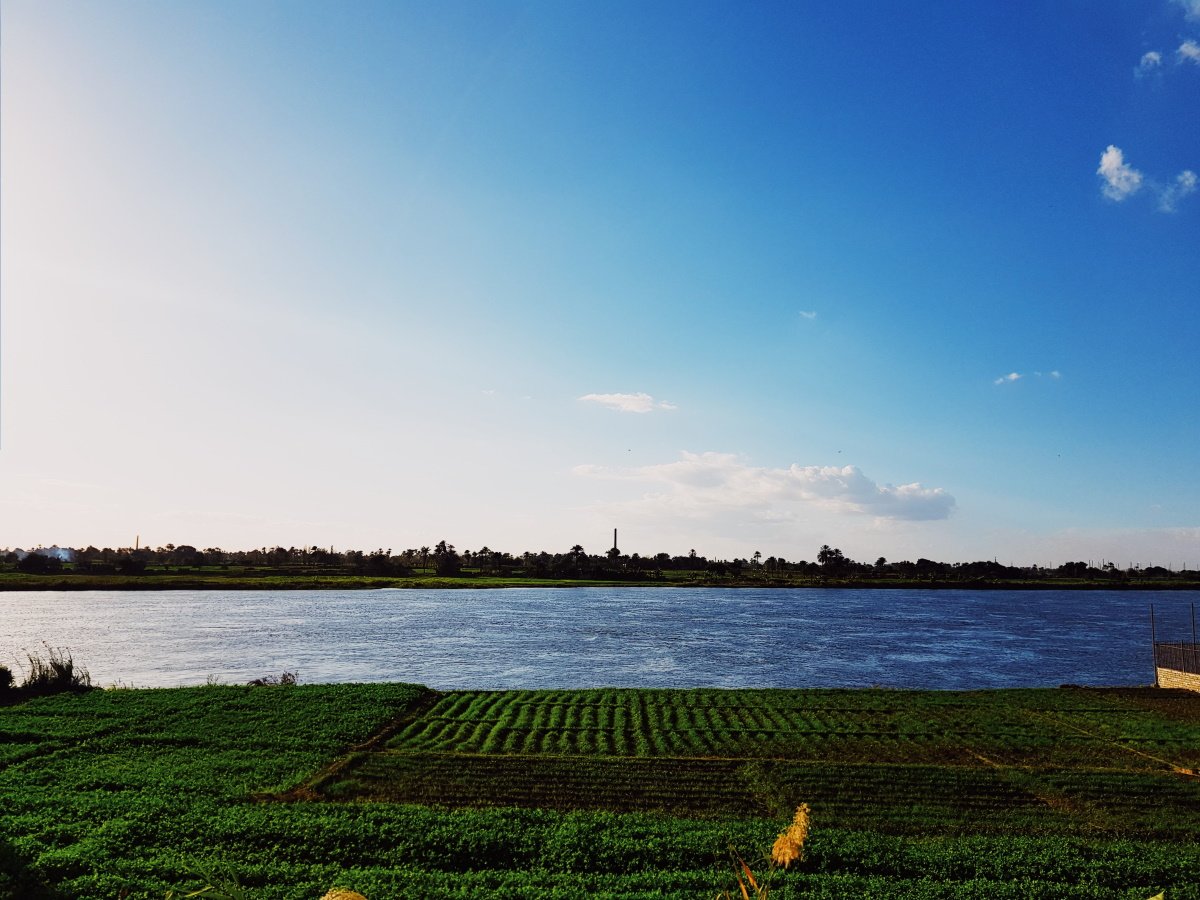Black Heritage And Africa’s Great Rivers
In our GIANTS group, migrant men use creativity, art and discussion to connect and explore feelings and opinions. History, heritage and culture are an important part of Black History Month, and so we asked GIANTS members to share what thoughts they had on it. Here, group member Ben writes on the natural foundations of civilisation, Black heritage, and what Black history means to him in today’s world.
“They flow majestically, exuding such elegance and grace as they travel the great expanse of our dear Motherland.
Growing in bulk. Gathering silt and strength, while depositing rich and luscious sediments. Making Africa’s children richer, merrier and healthier. Expanding into rapids and graciously meeting tributaries. These are the Great Rivers of Mama Africa!
Their bountiful waters traversed the Earth long before we all did.
The Nile, extolled endlessly in The Holy Book. Forever feeding the Mediterranean Sea.
The Niger, an age-old ally of the Atlantic. Sad that your children will come to drown herein while fleeing strife.
The Congo, wild, youthful and exuberant. Nurtured countless Bantu civilizations. Still feeding humanity elsewhere with her boundless riches. Yet, funding local civil wars from the numerous cobalt, platinum, gold and diamond mines that cluster your river banks.
The Great Kei and the Zambezi Rivers are not forgotten in their role of forming and nurturing great Black empires while the new age of racism and misinformation shamelessly seek to conveniently bury the truth about who really owns Africa.
“But they want the Black history that starts with the slave narrative. To indulge in a fictitious experience of which I cannot fathom. That is not the heritage set before or after me. ”
"File:Aerial view of the Congo River near Kisangani.jpg" by MONUSCO/Myriam Asmani is licensed under CC BY-SA 2.0
But the Earth doesn't lie. Or does it? How can Black history reveal the zillions of years of how the Great Rivers once shaped and sustained our Black heritage, spanning out across the continent like vital arteries? Like the true colossus you fed and sustained us through thick and thin.
This is the spiritual and physical heritage I know. But they want the Black history that starts with the slave narrative. To indulge in a fictitious experience of which I cannot fathom. That is not the heritage set before or after me.
Which brings home the topic of Black history. My history. Should I feel any better because my family history is well documented and can still be searched in the archives of the British library?
Maybe. But I find comfort that my forebears toiled to uplift themselves and their community and even enjoyed the support of our Great River Niger!
Historical facts have it that His Royal Highness Obi Ossai was born in 1772 near the banks of the great River Niger. By the time of his death in 1846, he had become so powerful that Queen Victoria of England would repeatedly send emissaries to HRM Obi Ossai whom Her Majesty fondly referred to as the “King of the Ibos”. Yes, he was my great, great, great, great, great grandfather and the great grandfather of Her Royal Highness Omu Okwei Opene (1872 to 1943) who was my great grandmother and possibly the most influential West African woman of her time. Sadly, the British colonial government of Nigeria would confiscate over 95% of Omu Okwei Opene’s fortune in 1936 (amounting to over US $120 million in today’s money). There is still no restitution to that injustice even to this day!
“Since the story is still ours to tell, we must take control of the narrative and reposition ourselves to do better.”
But such has become our recent history. The ongoing robbery, exploitation, excoriation, humiliation, segregation, deprivation and derision of everything African. Surely that is not how the Great Rivers of Africa intended the Black heritage to play out? A people conquered and endless expropriated resources by non-African crooks and scavengers. Our Nature forbids this. Our Great Rivers weep!
Mother Nature gifted us these resources to be nurtured and used to our military and commercial advantage. Expecting great exploits by Africa’s children both far and near. The African rivers also expected we treated the Earth with respect and observed the sanctity of our eternal African dwelling.
Since the story is still ours to tell, we must take control of the narrative and reposition ourselves to do better. Black History Month offers that period for a sober reflection where all Children of Africa, regardless of where they may be domiciled, must harness our talents, skills and resources to do better for ourselves and create a better image for our Mama Africa!”



